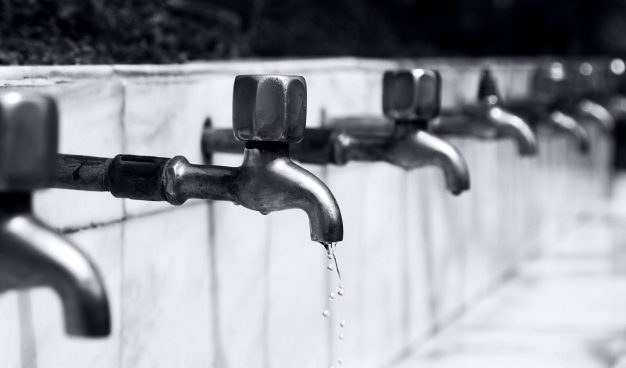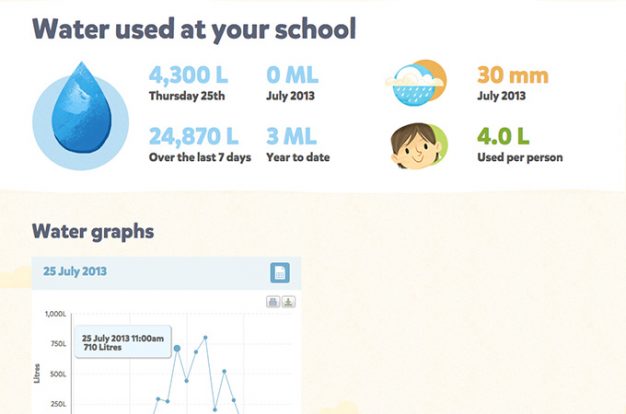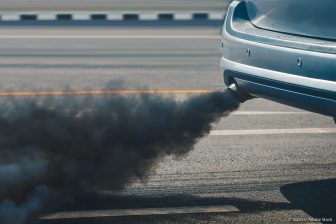
Children and schools in Victoria save save 5.7 billion litres of water
Since 2012 schools in Victoria, Australia have helped save 5.7 billion litres of water. These schools are part of a Victorian Government initiative, the ‘Schools Water Efficiency Program’. The program enables schools to save water and money. While providing students with an opportunity to learn about water efficiency in a tangible and realistic environment.
The program is funded by the Department of Environment, Land, Water and Planning and the Department of Education and Training.
SWEP
The Schools Water Efficiency Program (SWEP) was launched in 2006. Teachers and students learn about water and electricity efficiency through mathematics concepts such as measurement and data in a tangible and realistic environment. When schools sign up for the program they are given a number of resources such as two free data loggers and access to specially designed primary and secondary curriculum resources.
The data loggers allow students, teachers and facility managers to access up-to-date water consumption information. The data is uploaded to a website and water used is tracked and leaks that need fixing are identified. SWEP isn’t just about identifying broken pipes. More than 80% of the program’s savings have come from the early identification and repair of everyday fixtures and fittings such as sticking toilet cisterns and leaky evaporative air conditioners.
While SWEP is a voluntary program open to every Victorian school. Schools must make a three-year commitment to water monitoring. There are no upfront costs to the school; however, the total program costs for participating is $300 AUD (excluding taxes) over the three years.

SWEP electricity monitoring
The SWEP team now offers an electricity monitoring service. SWEP electricity isn’t just about monitoring how much electricity is used overall, it enables schools to monitor peak, off-peak, seasonal and baseline electricity consumption. Participating schools are already making savings to their electricity bills by implementing simple measures like adjusting fridge and freezer thermostats or modifying/changing the settings for their exterior lighting. The electricity module requires schools to register for or already be a participating water school.
James Merlino, the Deputy Premier and the Minister for Education has said: “The Schools Water Efficiency Program is achieving outstanding results in water saving and also provides a great opportunity for students to learn more about the environment”.
To find out more about SWEP and to view some case studies click here.




